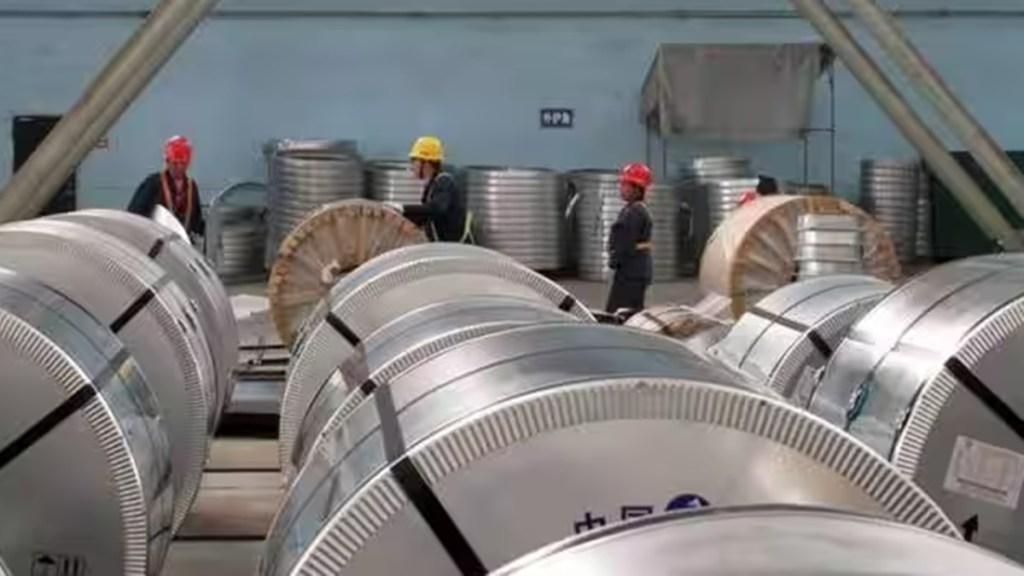Jindal Stainless, which makes stainless steel products for sectors like transportation and construction, is working on its Scope 3 emissions and is ready for the European Union’s Cross Border Adjustment Mechanism (CBAM).
“We as a company are 100% ready. We have already invested in renewable power. We are going for hydrogen power as well. So whatever comes in terms of CBAM, Jindal Stainless will be ready,” said its managing director Abhyuday Jindal.
Jindal said that while EU’s carbon tax is a challenge for the whole industry, the company, which is already 95% scrap based, is focusing on Scope 3 emissions by bringing all its suppliers on a technological automated platform.
“We have given them training. We have hired an agency which is sitting in each of our domestic suppliers’ location, teaching them the right practices with focus on environment, social and governance,” the MD said.
The stainless steel maker, which recently completed one million tonne expansion in Odisha to be a 2.9 mtpa player and one of the top 10 stainless steel producers globally, expects 20-25% increase in production this fiscal.
“We see huge potential in domestic market. It is growing at close to 9-10%. India has set targets of 300 MT of steel and 9 MT of stainless steel by 2030. We will definitely have the majority chunk in that,” Jindal said.
Stainless steel was dominated by the utensil sector 30-40 years back. Now the application of stainless steel has widened to various sectors like railways, automotive, transportation, bridges, airports, metro stations and coastal infrastructure.
“Stainless steel is a clear enabler and a catalyst for sustainable growth. Current per capita consumption of stainless steel in India is 2.6 to 2.8 kg. We expect it to at least reach 5 kg per capita in the next 3-4 years,” he said, adding that the global average is 6 kg and per capita in developed countries is around 28-30 kg.
He said that while the biggest growth rate in demand will come from the domestic sector, export outlook, which is currently subdued, is likely to pick up in second half of the fiscal.
However, Jindal said that the domestic market is witnessing large scale dumping of subsidized and substandard stainless steel by China. He has requested the government to check these imports by putting anti-dumping duty.
“The steel ministry understands that the stainless steel industry is suffering and has approached the finance ministry but till now we have not got any positive response. China has 30-40% market share of the domestic industry,” he said.
Indian import of Chinese stainless steel has increased by 318% in two years between FY21 and FY23. This has impacted the capacity utilisation of local industry which is running at below 50%, he said.
